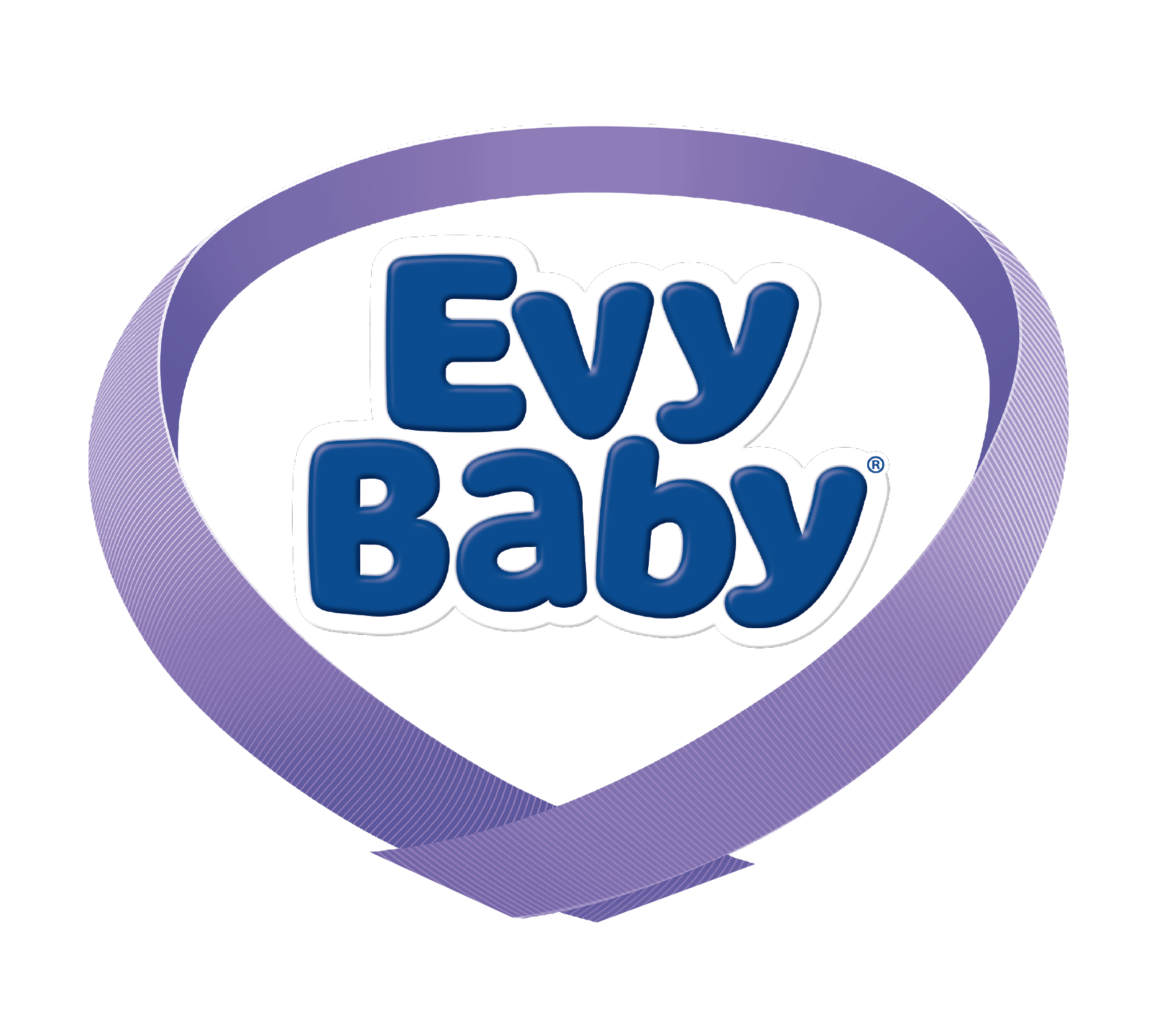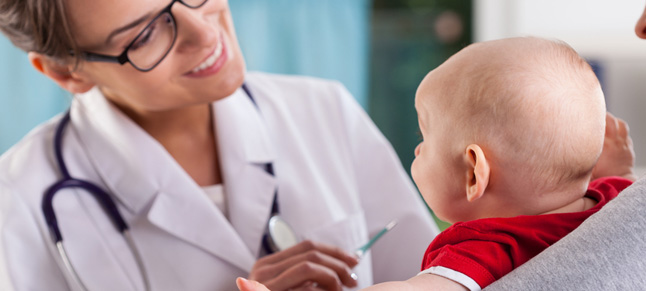

The development of your baby is a long period. While your newborn gets used to life in the world after birth, the most important thing for you is ensuring healthy growth, and minimising any potential health problems.
It is important for your baby’s healthy development that you and your partner are aware of the risks that she/he may experience, and take necessary precautions. For this, you have to ensure regular medical checks.
Babyhood is extremely important in how it affects the development and future health condition of your baby. Health problems experienced by your baby may have a permanent effect if necessary precautions are not taken on time.
Routine medical checks are important for the early diagnosis of hereditary health problems in your baby. These enable you to take precautions and start treatment if appropriate.
Vaccines are an indispensable part of these checks. They help to protect babies during babyhood and in beyond. You should not disregard vaccines for your baby, and ensure they are given on time.
You need to pay attention to your baby's weight and height in these regular health checks. You can compare the development of your child with his/her peers and get assistance from your doctor for the solution of abnormal situations if they are way above or below normal standards.
Your baby’s responses to stimulants are measured in the early checks. Under normal circumstances, your baby has to respond vocally when prompted in the second month, keep his/her head up in the third month and sit with some help in the following two months.
When your baby turns one year old, there is a change in the nature of his/her health checks. Your baby’s developing anatomy with every passing day requires more detailed monitoring. For example, iron, blood count, urine and eye health are checked in this period. His/her vaccines should also continue.
When the baby is two, health checks will be done and if you or your partner has high cholesterol or obesity risk, cholesterol and triglyceride tests will be conducted.
If your child is of pre-school age, you should monitor his height and weight regularly. Many potential health problems may become apparent with weight gain during this time.
Finally, you should ensure that your child’s teeth and eyes are tested once every six months when your child is of a school age. Once your child starts to carry a backpack, you should have his/her spine health checked regularly too.
We hope you and your child enjoy a healthy life...